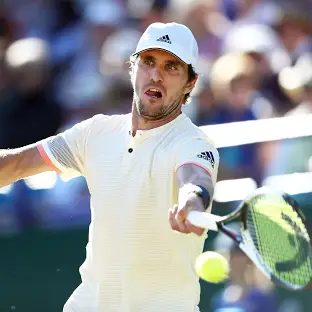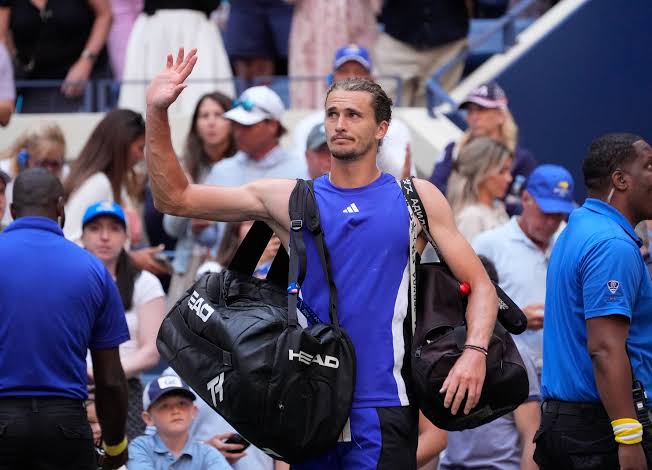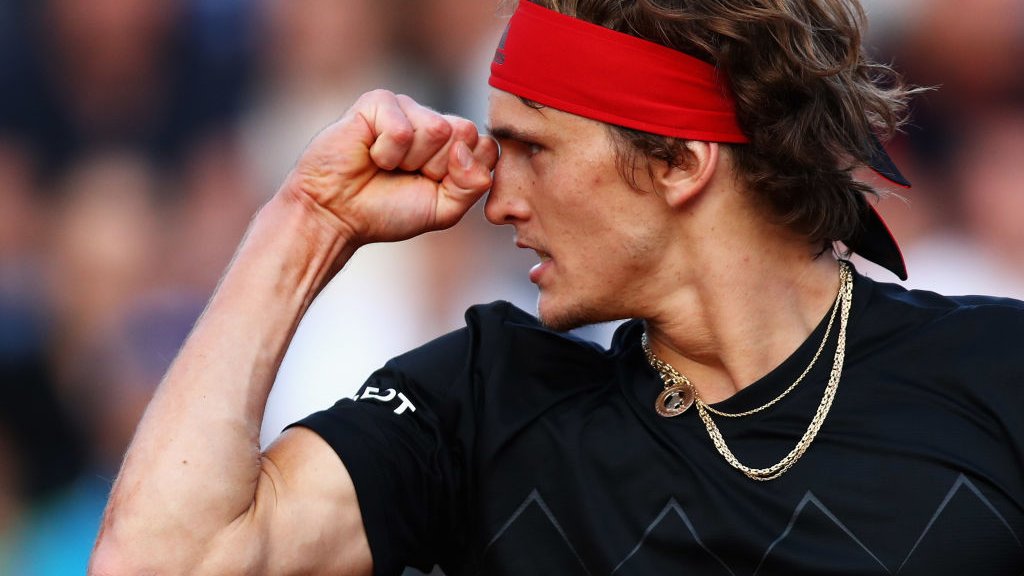Mischa Zverev, the older brother of tennis star Alexander Zverev, has officially announced his retirement from professional tennis, marking the end of a 22-year career that has seen its fair share of highs and lows. Born in Moscow and raised in Hamburg, Mischa carved out a unique identity on the ATP Tour, known for his serve-and-volley style that contrasted sharply with the baseline-dominated era of modern tennis. His exit from the sport leaves behind a legacy that is as much about perseverance and adaptability as it is about talent.
Mischa’s Early Career and Challenges
Mischa Zverev first turned professional in 2001, but his path was never straightforward. Unlike his younger brother, who rose quickly through the ranks, Mischa faced a series of injuries and form fluctuations that kept him from reaching his full potential in his early years. Though he won several Challenger titles, his breakthrough on the main ATP Tour was slow, and it wasn’t until 2017 that he gained widespread recognition.
Despite these challenges, Mischa’s grit and love for tennis kept him in the game, and he gradually built a reputation as a formidable player, especially on grass courts and indoor hard courts, where his net-charging game was most effective.
The 2017 Australian Open Breakthrough
One of the defining moments of Mischa Zverev’s career came in the 2017 Australian Open, where he stunned the world by defeating then-World No. 1 Andy Murray in the fourth round. That match was not only a testament to his tactical intelligence but also showcased his relentless fighting spirit. His performance earned him a place in the quarterfinals, marking his deepest run in a Grand Slam event. Mischa’s win over Murray was one of the biggest upsets of the tournament and cemented his status as a dangerous, unorthodox player capable of shaking up the elite.
While he eventually lost to Roger Federer in the quarterfinals, the 2017 Australian Open served as a career highlight for Mischa and was symbolic of his late-career resurgence. His ability to adapt and thrive in a fast-changing sport made him a fan favorite and a respected figure among his peers.

A Unique Style in Modern Tennis
Australian Open stood out from his contemporaries largely due to his unique playing style. While the tennis world has shifted toward heavy baseline hitting, powerful serves, and extended rallies, Mischa stayed true to the traditional serve-and-volley game. His success on faster surfaces and his ability to disrupt the rhythm of opponents through quick net approaches made him a tricky adversary. Although his playing style might have been better suited to an earlier era, Mischa showed that there was still room for old-school tactics in modern tennis.
A New Chapter: Coaching and Family
In recent years, Mischa Zverev has increasingly turned his attention to coaching, both with his brother Alexander and other young talents. His deep understanding of the game, combined with his years of experience battling through the ATP Tour, makes him a valuable asset for up-and-coming players.
Mischa has been instrumental in shaping Alexander’s career, serving not only as a coach but also as a mentor and guide. The two brothers have shared many moments of triumph and disappointment on and off the court, and it’s likely that Mischa will continue to play a role in Alexander’s ongoing career, albeit from the sidelines.
With a young family of his own, Mischa has also expressed a desire to spend more time at home. Balancing the grueling demands of the ATP Tour with family life has always been a challenge, and now he seems ready to prioritize being a husband and father.
The End of an Era
As Mischa Zverev steps away from professional tennis, he leaves behind a career that may not be defined by titles or Grand Slam victories, but by determination, resilience, and a love for the game. His serve-and-volley style, which harkens back to a bygone era, made him a memorable figure in modern tennis. More importantly, his journey is a story of perseverance—continuing to fight against injuries, form slumps, and the odds stacked against him.
While his brother Alexander continues to chase Grand Slam glory, Mischa’s legacy is secure in its own right. His contributions to the sport, both on the court and now potentially as a coach, will be remembered for years to come. Tennis fans around the world may be sad to see him go, but Mischa Zverev’s journey is far from over. Whether as a coach, mentor, or family man, his passion for the sport will undoubtedly continue to shape the next generation of tennis players.


